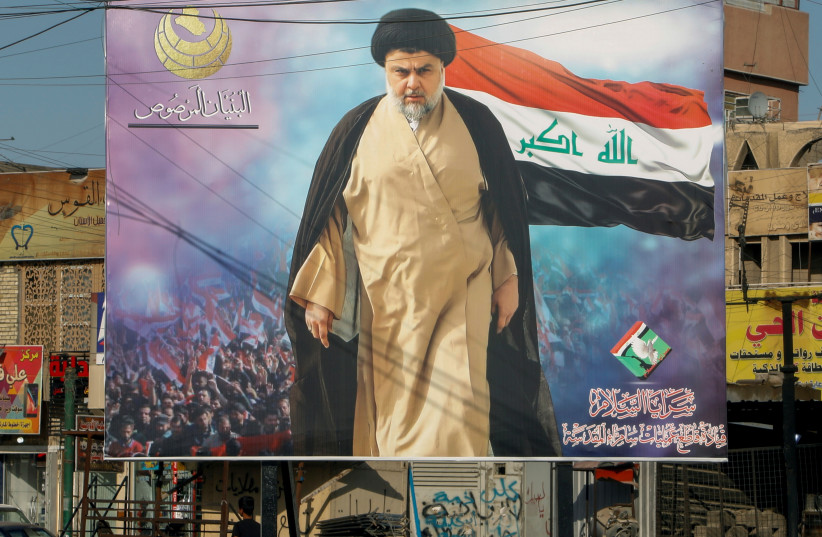On December 29, only two days before the deadline for the US-led Global Coalition to withdraw its combat forces from Iraq, prime minister Mustafa Al-Kadhimi announced that the last American soldier had already left his country and the remaining foreign forces were only there to train and advise the Iraqi forces.
This might be considered the end of an era, but could also be the beginning of a new one. The withdrawal, as many believe, can lead to the resurgence of the Islamic State (ISIS), which is only one scenario in the absence of US combat forces in Iraq. The ISIS resurgence itself could mark the beginning of a new chain of crises that would not be easy to handle this time.
Early in December, when the US began the practical phase of their withdrawal, ISIS stepped up terrorist attacks in the provinces of Diyala, Salahaddin, Anbar, Kirkuk, and Nineveh. In less than 30 days, the extremist group killed at least 30 Peshmerga fighters of the Kurdistan Region, and many more Iraqi troops and paramilitary fighters.
This was soon interrupted by a debate on whether or not Iraq should ask the US to prolong the withdrawal, but it was too late because the official agreements had already been made.
If we consider the re-emergence of ISIS as the first likely scenario in the absence of coalition and US combat forces, then there are three others that could eventually become inevitable realities.

First of all, the possible ISIS comeback could give the Iranian backed Shia militias in Iraq a chance to justify prolonging their existence, as they were originally formed to assist the Iraqi Army in its war against the Sunni extremist group. Since the latest parliamentary elections, the powerful Shia cleric Muqtada Al-Sadr, whose Sadrist Movement has emerged victorious, has repeatedly called for the dissolution of the militia groups, so weapons would only be in the hands of the state.
Therefore, an increase in ISIS movements in Iraq could give the Shia militias the chance to convince influential leaders like Al-Sadr that their existence is still needed in Iraq.
THE SECOND scenario is giving Iran an upper hand again to shape the future of Iraq’s political landscape. Since 2005, when the majority Shia population rose to power in Iraq, Iran has been an active and, in most cases, decisive player in Iraq. The strength of the Shia militias would mean Iran’s greater hegemony in Baghdad, where a gap has been left by the US and its allies since their withdrawal.
The third one is: if these domino-like scenarios are what we should expect, a last blow comes when Baghdad fails to form a new government – at least an inclusive and successful one.
In this scenario, the Shia militias have lost the election, but they are unlikely to let political rivals take power and shape the next government so easily and through a democratic process. They see the real power as coming from military capacity and not public backing, which means they will keep their weapons and, consequently, maintain their political power.
Considering these arguments, Iraq would most likely see a significant surge in violence once again that would help Iran to restructure its deep state in Iraq. It would also revive Iran’s regional influence, especially after facing a massive setback in the absence of Qasem Soleimani, the top Iranian general killed in a US airstrike two years ago, who was known as the man behind every political move in Baghdad.
The writer is a journalist based in Erbil, the Kurdistan Region of Iraq. He writes for several different local and international news organizations about security and political developments in the Kurdistan Region, Iraq, and the wider region.
